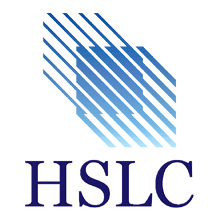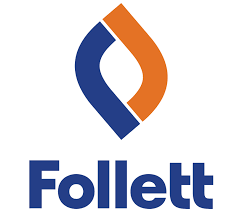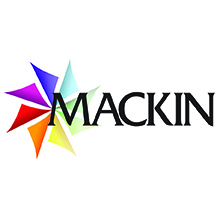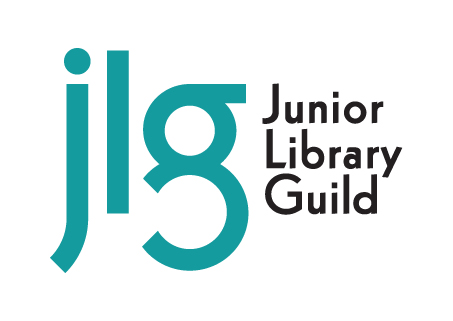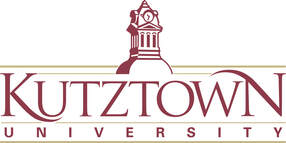- Home
- Get Involved
- Teach & Learn
- Take Action
- Award & Celebrate
- Read Publications
- Announcements & Events
Pennsylvania Library LegislationUpdated February, 2024 PSLA Supports HB 640 and SB 610: “One Certified Librarian per Public School” The House Bill 640 has been introduced by its prime sponsors, Representative Joe Ciresi (D - serving part of Montgomery County) and Rep. Ryan Mackenzie (R - serving part of Lehigh County). Its counterpart, Senate Bill 610, has also been introduced by its prime sponsor, Judith L. Schwank (D - serving part of Berks County). Co-sponsors are currently being sought to show support for HB 640 and SB 610, so now is the time to contact your Pennsylvania State Representative and Senator. To locate your state legislators and their contact information, visit the Find Your Legislator page. You may have one set of state legislators for your home address and another for your work address. Check both addresses and contact all Representatives and Senators! The Ask: Please sign the co-sponsorship memorandum for HB 640 and SB 610, the “One Certified Librarian per Public School” bill. Talking Points on Student Access to School Librarians:
Resources to Help Advocate for the Legislation SB 640 and 610 (.pdfs) PSLA Opposes SB 7 and HB 1659 By signing this document I am giving permission for my child to be provided books, handouts and instructional material that may include written or visual depictions of sexual conduct. Sexual conduct is defined in law as "Acts of masturbation, sexual intercourse, sexual bestiality or physical contact with a person's clothed or unclothed genitals, pubic area, buttocks, or, if the person is a female, breast." This language is intentionally provocative, using words such as “bestiality” to shame parents into not signing the form. As we know, parents have always had the right to ask for an alternate assignment if they disapprove of a curricular element or wish for their student not to check out a particular book from the library. No school library book or other inquiry material is compulsory. The bill language only addresses a single facet of material made available in the library and the curriculum, not taking the whole work or the maturity level of the students into account. If signed into law, it will unnecessarily restrict student access to books and materials that will fall within this overly broad definition. PSLA stands firmly opposed to SB 7 and its companion bill in the house, HB 1659. Please contact your Pennsylvania House representative to ask them to oppose this bill. An in-person conversation is ideal, but emails and phone calls are also effective and necessary formats to engage in the conversation. While we do not know how this will fare in the house, Democrats – who are usually our allies – have only a razor thin majority. (link to Find My Legislator) (link to Contact My Representative) (link to House Education Committee Members)
Example language: Dear Representative ____________: I respectfully ask that you oppose House Bill 1659. This bill would greatly harm our education system and the students in it. Parents have always had the right to ask for an alternate assignment if they disapprove of a curricular element or wish for their student not to check out a particular book from the library. School librarians already welcome conversations with parents about what books meet the educational needs and values of their family. This bill places a limit on sexual content without taking into account the full work, the maturity level of the students, or the context for use. Nor does it offer an exception for state mandated classes such as biology or health. If signed into law, it will unnecessarily and arbitrarily restrict student access to books and inquiry materials. Please oppose HB1659 and allow ALL parents to choose what is right for their own family, but not to speak for all of the students in Pennsylvania. Resources to Help Advocate for the Legislation All these resources and more can be found at the PA School Library Project LibGuide. Prepared by the PSLA Advocacy Committee. Updated February, 2024. |

